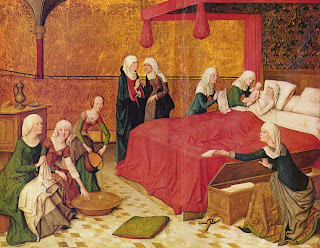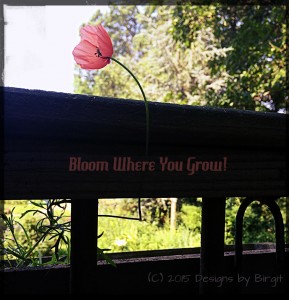|
Personally, I am not good with courage or living simply. My anxieties have me afraid of pretty much everything:
…just to name a few. As I have well documented in my Money Monday series; my inability to live within my means for the last 30+ years has wreaked havoc on my finances and my peace of mind. Where was Pope Francis’ message when I needed it? If I’m honest, would I have even listened back then? |
Life requires courage. That is clear in the horrific events of this year – just making the decision to leave our homes can be cause for pause. In the case of my dear friend from our parish, stabbed in her own home by a random act by a distraught young man, even home doesn’t feel safe any longer. There is illness and accidents; and so much beyond our control that can lead our hearts to ache; and fall into despair and fear. As a person who has battled anxiety her entire life (diagnosed with a ‘nervous stomach’ at age 9); just watching the news or reading social media can send me spiraling into a panic attack.
So what do we do? … read more on Reconciled To You











